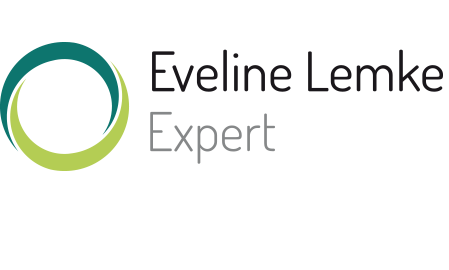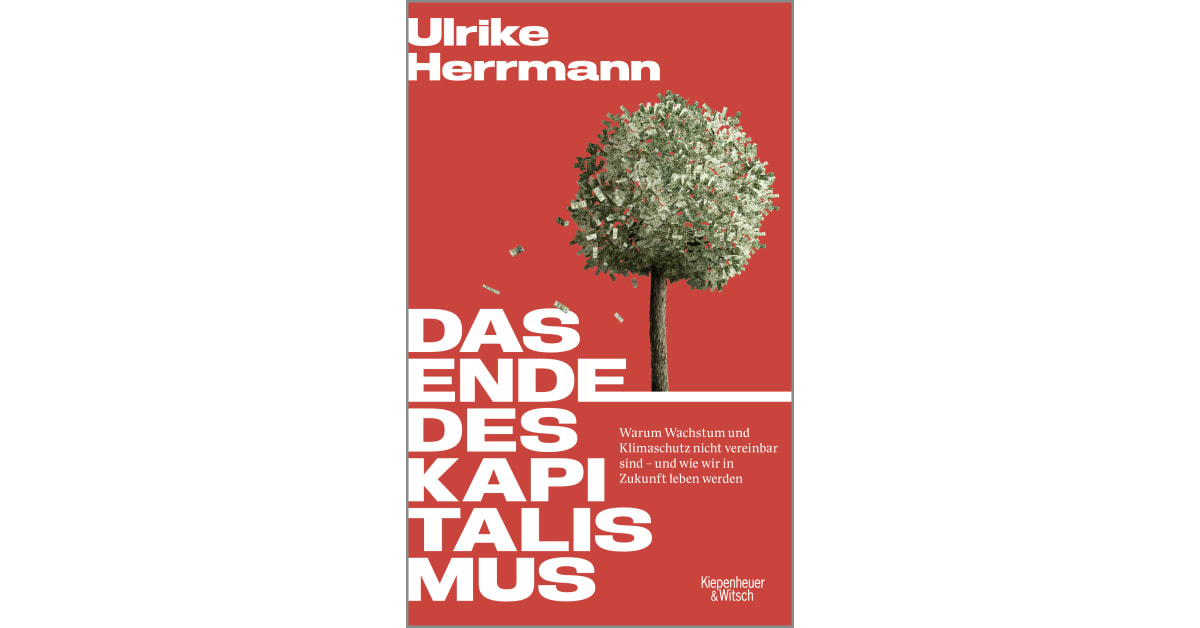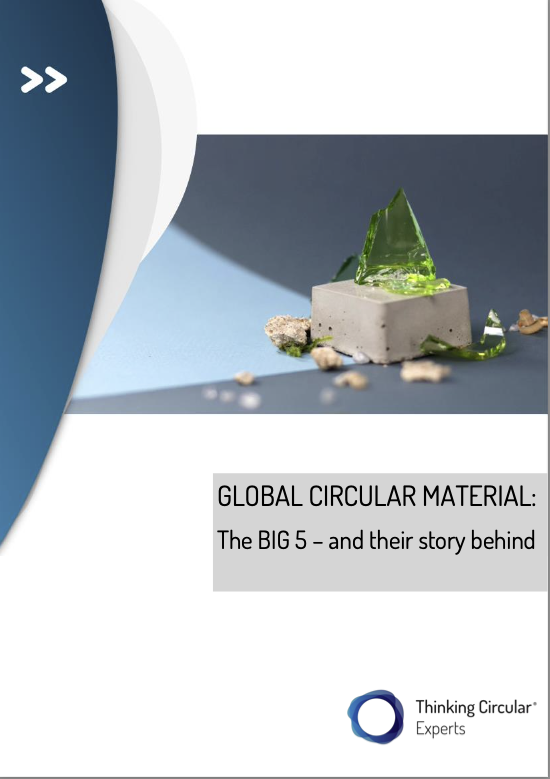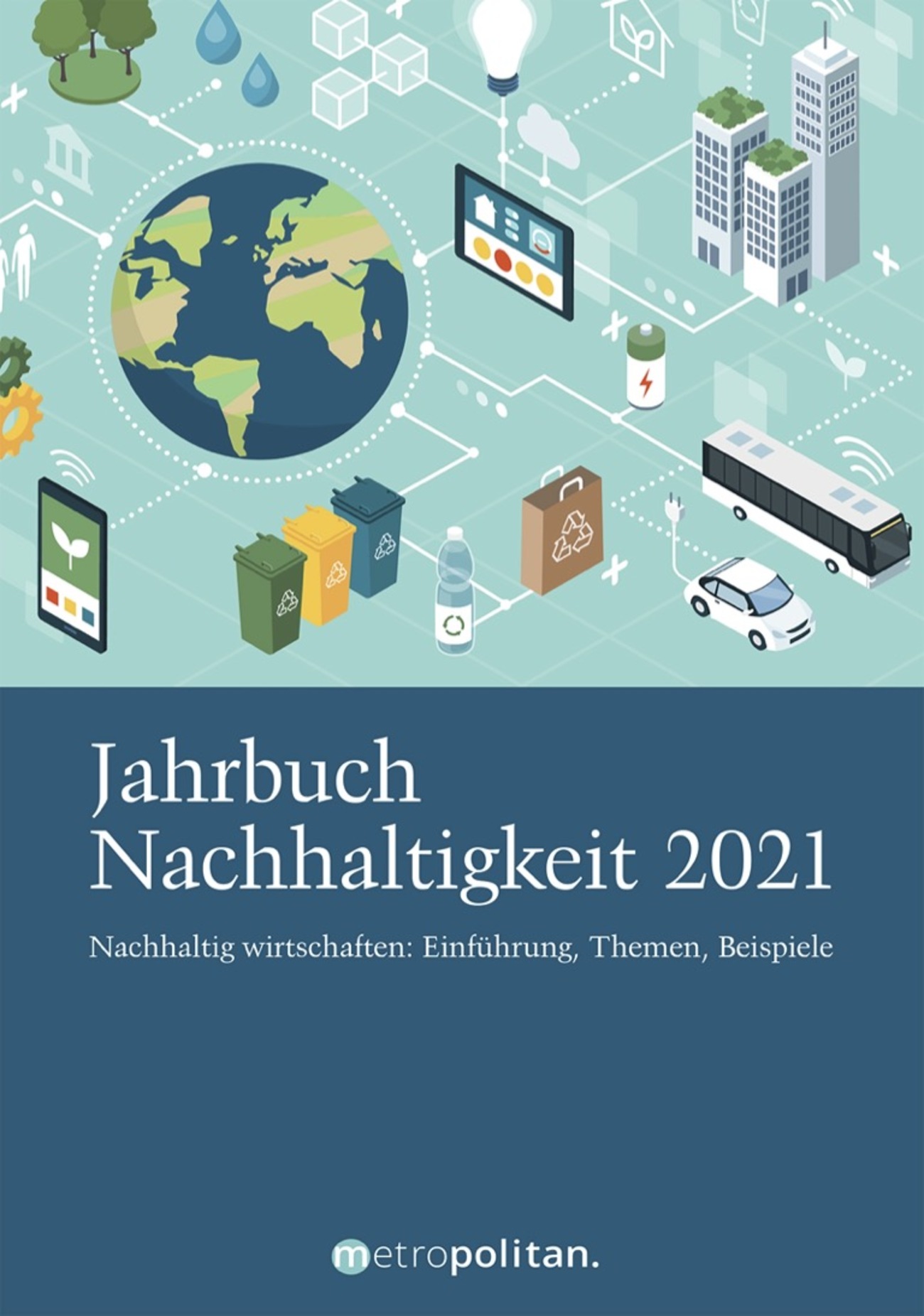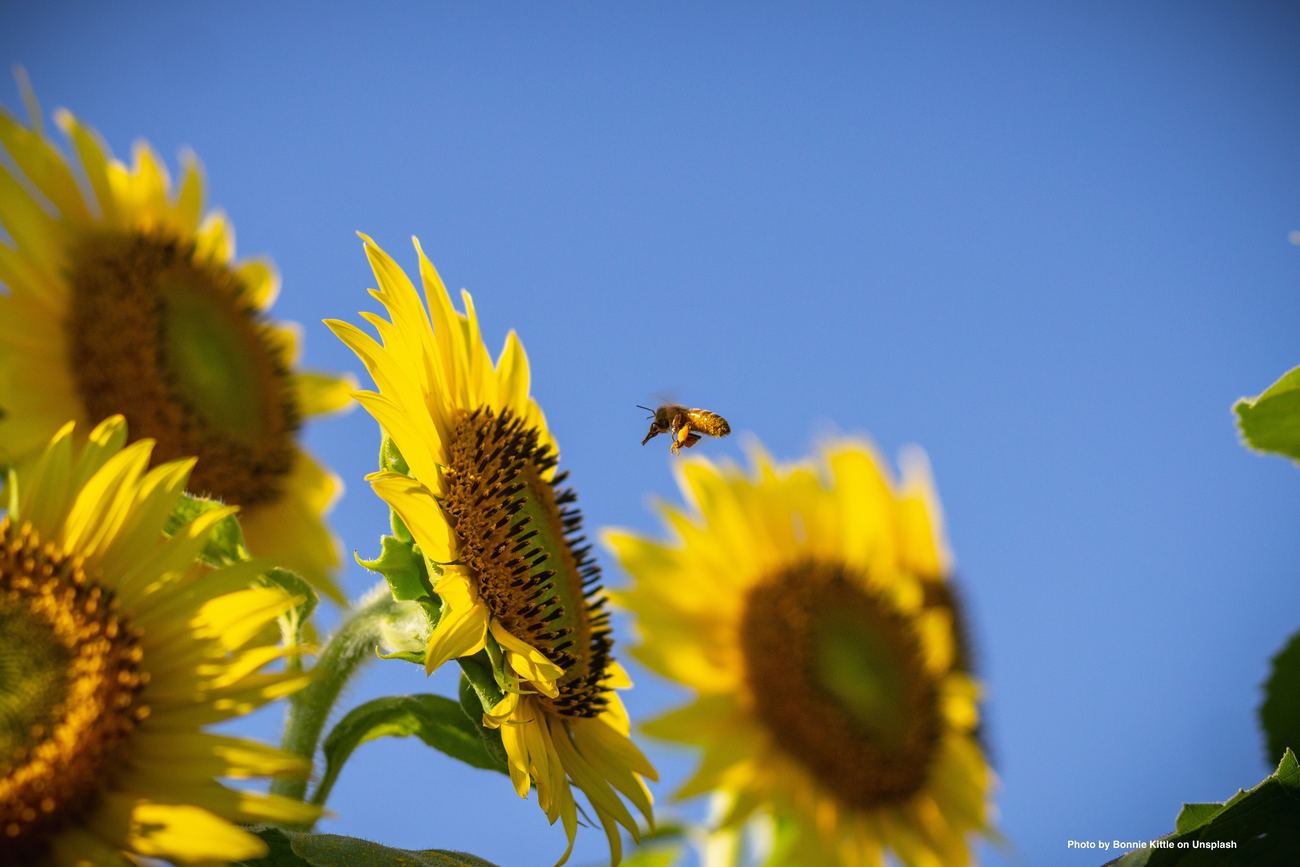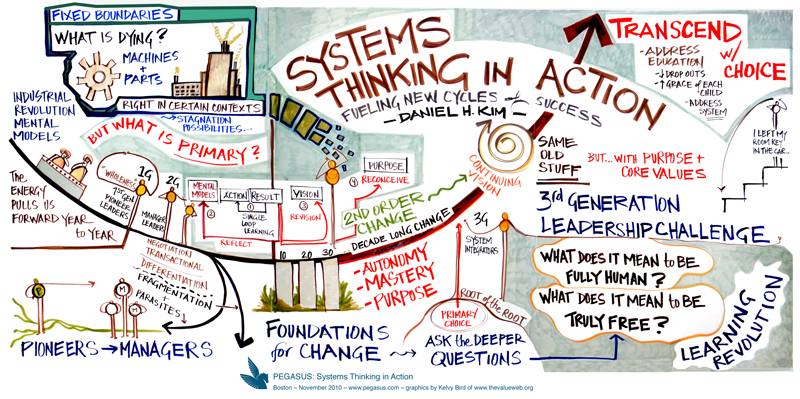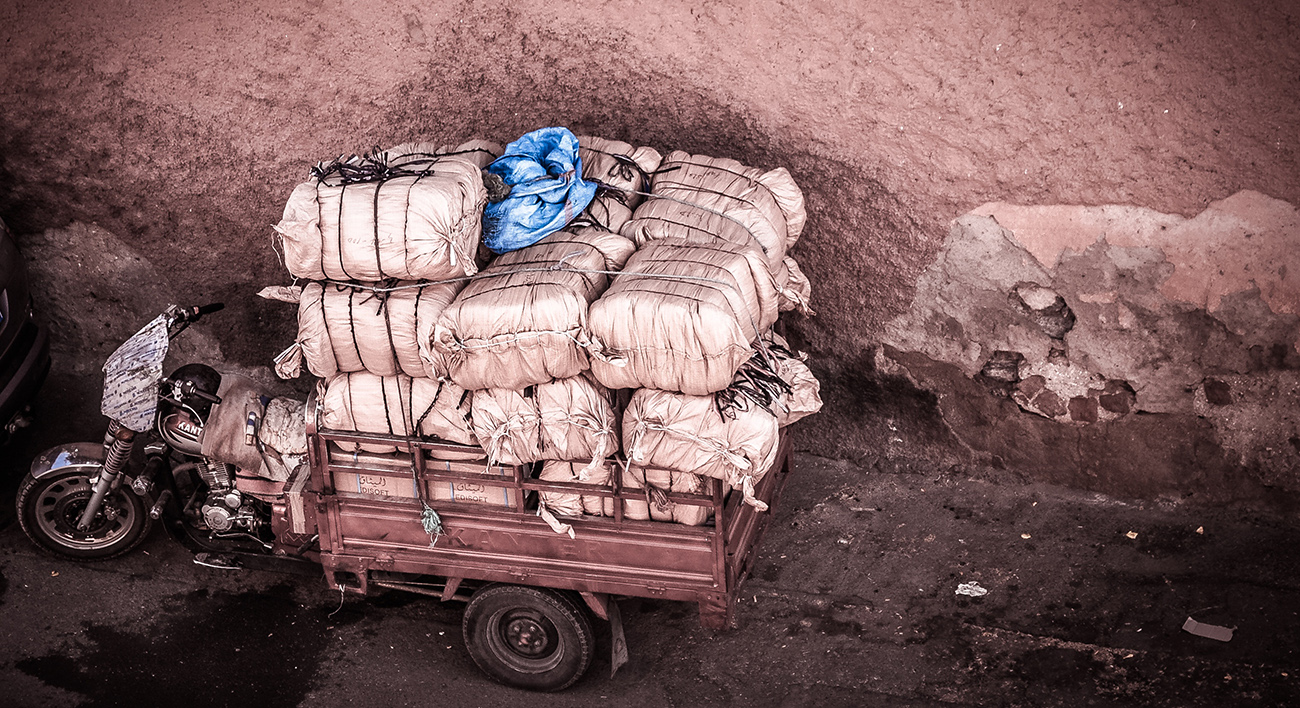The end of capitalism needs a survival economy – is it the beginning of the Circular Economy?
The time of worldwide simultaneous crises has begun. Has the time of an ecological emergency regime also begun with it? Ulrike Herrmann, author of the book “Das Ende des Kapitalismus” (The End of Capitalism), published by Kiepenheuer&Witsch Verlag, addresses the question of what economic policies can help to prevent our economic systems from collapsing. I was interested in how Herrmann categorizes the Circular Economy in this book. Can the theory of the Circular Economy help solve the crises? Will we survive on this planet if it is applied?...


